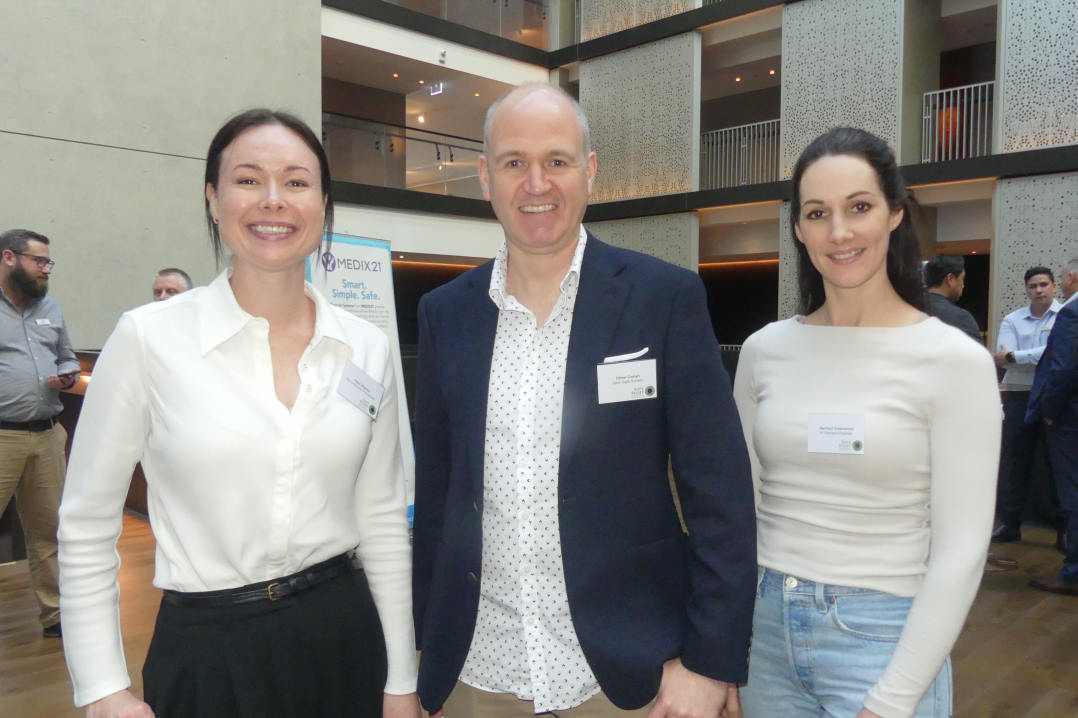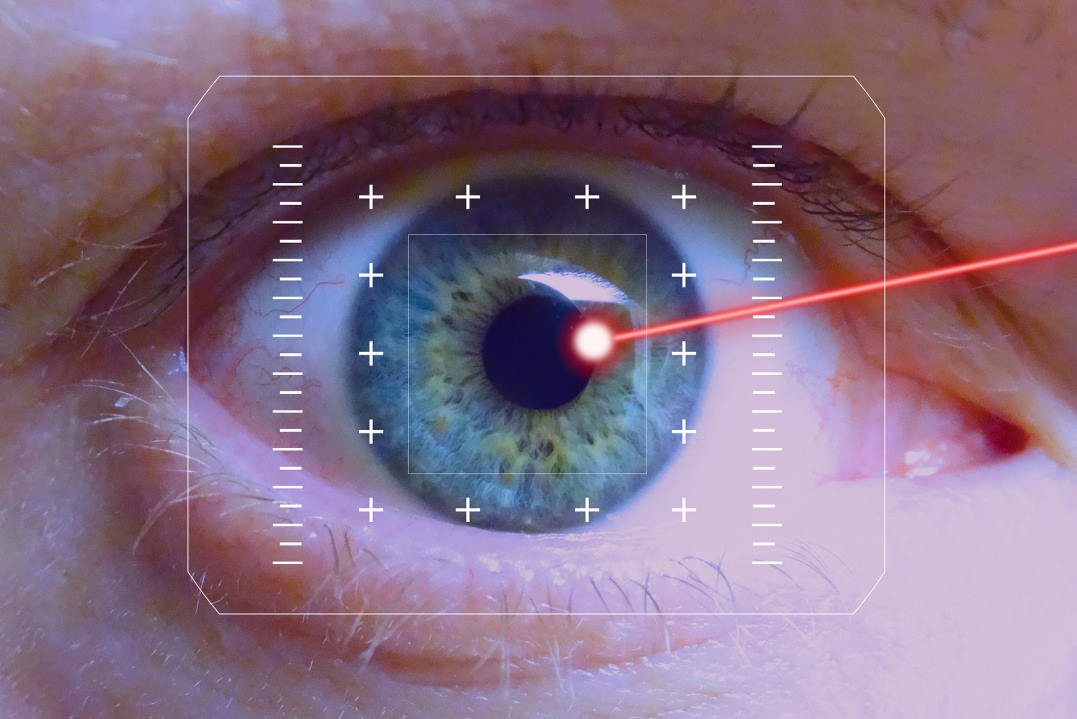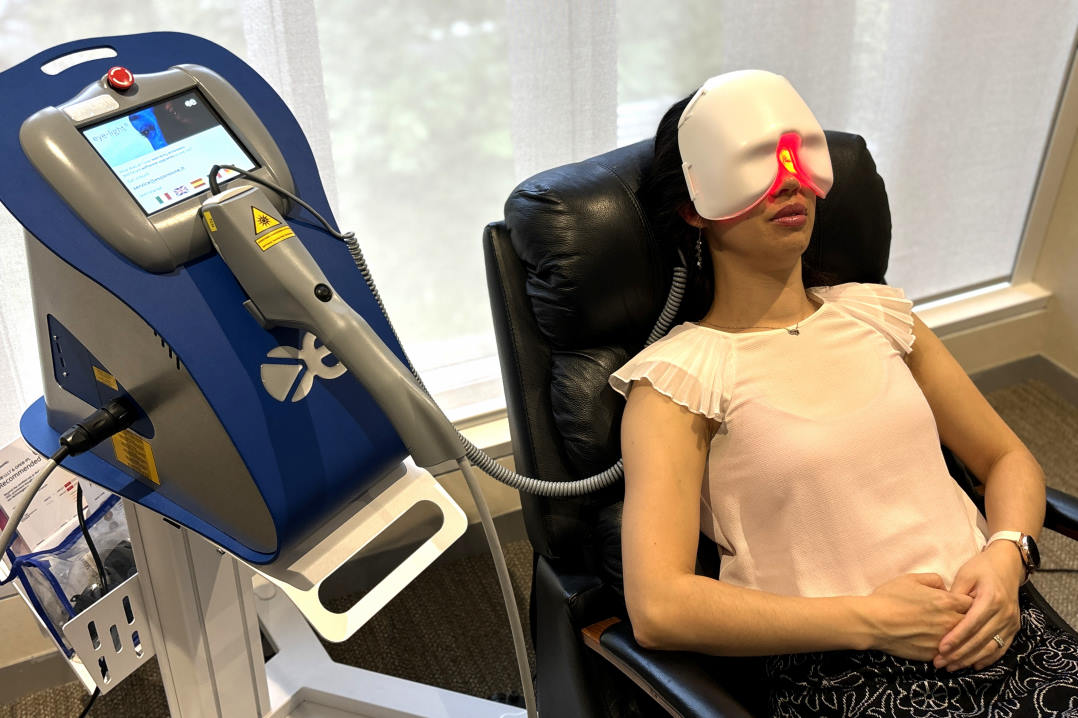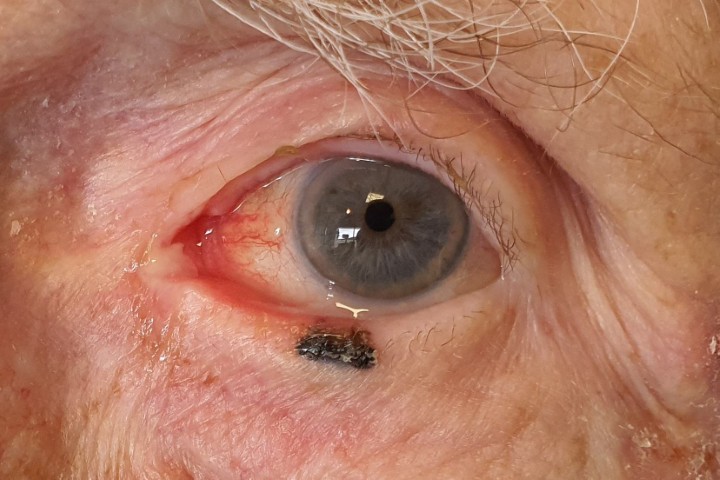A patient’s arduous journey to cataract surgery
A 74-year-old insulin-dependent diabetic went for his diabetic retinal screening (DRS) last year but was told his retina could not be seen due to cataracts. They advised him to go to the eye clinic to arrange surgery.
The patient is the caregiver for his wife, who’s had Parkinson’s disease for 50 years, along with other health issues. While waiting for his wife to have her DRS, and armed with a letter from his optometrist, he headed off to make an appointment, as advised. Shortly after taking a seat at the eye clinic, he was approached by a staff member who ranted at him about the incompetency of his optometrist for sending a letter that was not adequate for a referral, implying the patient was trying to dodge the system to get cataract surgery!
Angry and confused, the man went home and decided his eyes were not a priority.
As his 75th birthday approached, he plucked up the courage to deal with the renewal of his driver’s licence – essential to being able to attend the couple’s various medical appointments and going to the supermarket. As his last vestige of independence, financially and psychologically, the loss of his driver’s licence would be devastating.
Having been assured by his optometrist he was right on the legal limit for driving, he high-tailed it out of there without admitting the extent to which his vision was troubling him, particularly his inability to read.
A month later, he attended an appointment at the hospital eye clinic for his cataracts, only to be told that since he was just on the legal limit for driving, he did not qualify for publicly funded cataract surgery. There was no mention of diabetes, nor the fact he had been sent there after failing the DRS! In fact, his diabetes seemed to have completely slipped off the page. To this day he has not been called back to the screening programme.
He was, however, relieved that no eye surgery was imminent, as he was about to restart chemotherapy for colorectal cancer. He had been in remission for about a year, but it was now raising its head again. Sadly, though, he was no longer able to read books or newspapers to take his mind off the side effects of chemo or the intense sciatic pain, which eventually radiated down both legs. He was angry and frustrated, and his wife and family were not able to broach the subject of his worsening vision with him, as he had made up his mind that cataract surgery was not available to him.
A turning point
Eventually the gentleman in question was persuaded that, even though he could not afford new glasses and he had too many other things to deal with, a visit to his optometrist was needed to check out what might be going wrong with his eyes, besides cataracts. It was pointed out that, after 30 years of diabetes, macula damage was a strong possibility and potentially more urgent than cataract surgery.
His optometrist confirmed advanced cataracts needing urgent attention and referred him to the Aotearoa Charity Hospital Trust (ARCH), which was established to provide free elective surgery and medical outpatient clinics to those in immediate need but unable to afford private treatment. To receive pro bono surgery at ARCH the patient must be referred by a health professional who signs a declaration confirming the patient meets all the criteria, such as being a New Zealand citizen who is unable to afford private treatment, not having medical insurance or ACC cover, and who has been declined access to treatment in the public system within the last six months.
Auckland practices Re:Vision and Milford Eye Clinic regularly provide free cataract surgery under the ARCH umbrella. The patient then underwent a thorough examination at Re:Vision to rule out any other pathology. Fortunately, with no sign of diabetic maculopathy, cataracts were confirmed as the source of the problem.
His latest spectacle prescription was: RE +4.25 -2.50 x 112, add +2.50; LE +2.75 -1.00 x 40, add +2.50. His right eye was slightly amblyopic, with best corrected acuity prior to cataract being 6/9. He had always been very dependent on his left eye, the acuity of which had now slipped to a poor 6/18. It was decided that immediately sequential, bilateral-cataract surgery (ISBCS) would be the safest solution, given his high anisometropia, increasing the risk of a fall or a driving accident, were the surgeries separated by any length of time. His walking had become a little wobbly anyway, because his spine had collapsed in the last few months, causing immense pain and leading to an increased intake of painkillers just to enable him to stand upright.
A couple of weeks later, his ISBCS went smoothly; his uncorrected vision at the first check up the next day had returned to 6/12+. One month later, his uncorrected vision was 6/9 binocularly, and best corrected acuity 6/6+.
He went from being reluctant to admit he had yet another problem to trumpeting how life-changing his cataract surgery had been and how thankful he was to ARCH for making this pro bono surgery possible, and to the Re:Vision team for their amazing philanthropic care.
Fortunately, this patient is not one of my low-vision patients, he is my brother.

Naomi Meltzer is an optometrist who runs an independent practice specialising in low-vision consultancy. She is a regular contributor to NZ Optics.
























